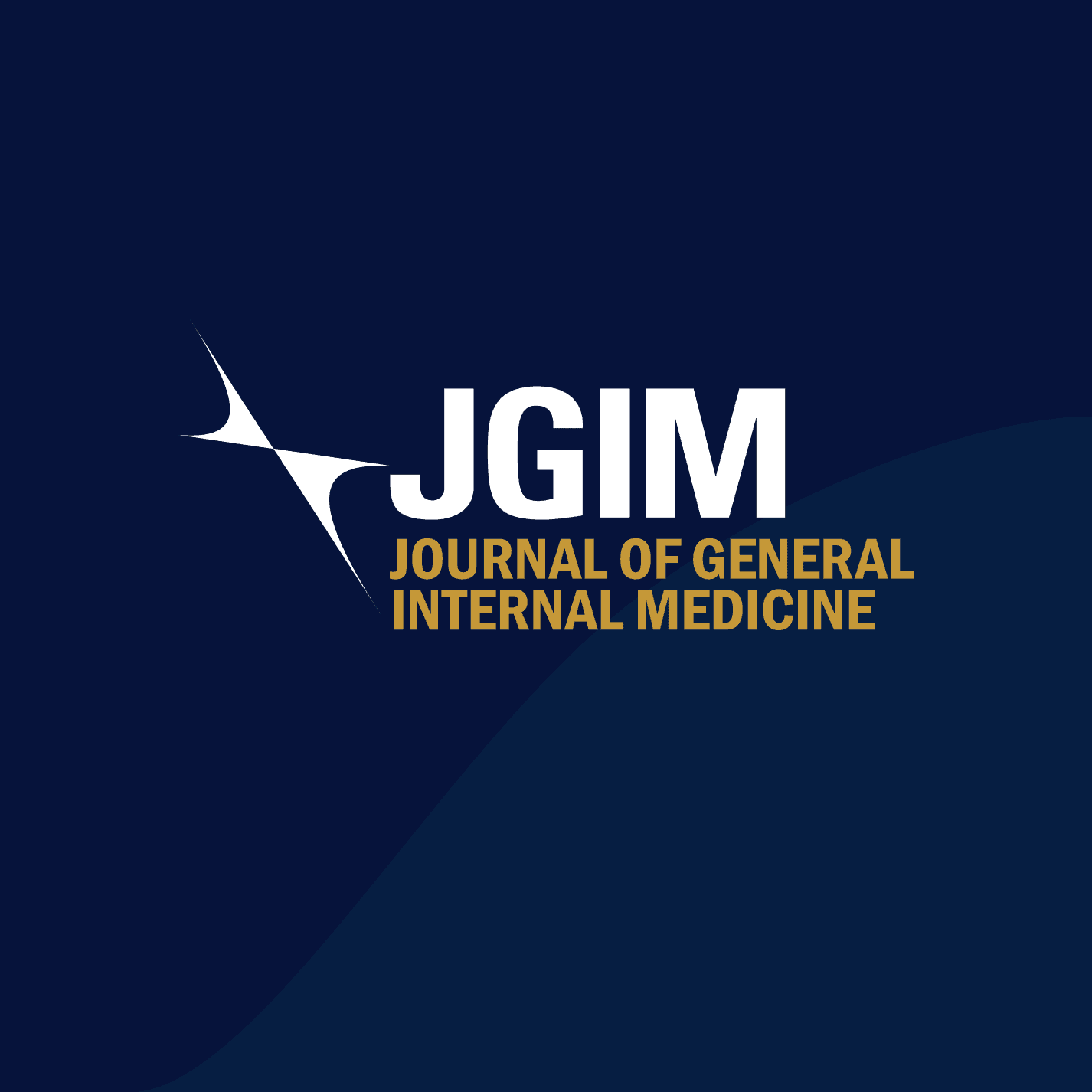Abstract
Background
Post-acute sequelae of SARS-CoV-2 infection (PASC) are ongoing, relapsing, or new symptoms present at least 3 months after infection. Predictors of PASC, particularly across diverse racial and ethnic groups, remain unclear.
Objectives
Assess the prevalence of PASC 1 year after infection, examining differences in PASC prevalence by the social construct of race.
Design
Retrospective observational cohort study.
Participants
In total, 863 adults aged 18 years or older, who were assessed for COVID-19 at two hospitals in New York City during the first two waves of the pandemic (March to July 2020 and January to March 2021).
Main Measures
Prevalence of self-reported PASC, including its respiratory and neurological phenotypes. Data were gathered via telephone surveys conducted 11–15 months following diagnosis. Logistic regression models were used to identify predictors of PASC.
Key Results
In total, 54.1% of those diagnosed with COVID-19 reported PASC symptoms 1 year after infection. Racial and ethnic disparities in the prevalence of PASC varied by PASC phenotype and by the time of initial diagnosis (Wave 1 versus Wave 2). Asian adults had significantly lower odds of reporting any PASC compared to White adults (AOR = 0.55, p=0.02), particularly for neurological symptoms (AOR = 0.5, p=0.01). Black adults had significantly higher odds of reporting respiratory PASC (AOR = 2.67, p<0.001) and lower odds of neurological PASC (AOR = 0.54, p=0.02). Females had higher odds of respiratory (AOR = 1.45, p=0.04) and neurological PASC (AOR = 1.45, p=0.02). Loneliness was consistently associated with higher odds of all PASC categories.
Conclusions
This study reveals a high prevalence of PASC 1 year post-infection, with notable racial and ethnic disparities. The results underscore the need for long-term monitoring of those infected with COVID-19 during the initial waves, with a focus on identifying and addressing yet unmeasured social determinants of health that contribute to these disparities.
Topic
JGIM
Author Descriptions
Department of Medicine, Weill Cornell Medicine, 525 E 68th St., New York, NY, 10065, USA
Christopher J. Gonzalez MD, MS, Jennifer D. Lau MPH, Mangala Rajan MBA, Assem Jabri MD & Erica Phillips MD, MS
Division of General Internal Medicine, Department of Medicine, Weill Cornell Medicine, New York, NY, USA
Christopher J. Gonzalez MD, MS
Share
Related Articles
Clinical Utility of Routine Monoclonal Gammopathy Testing in the Evaluation of Peripheral Neuropathy
Abstract Background Peripheral neuropathy can be associated with certain monoclonal gammopathies; therefore,…
Starting Two or More Drugs Concurrently in Primary Care: How Often Is It Done, How Often Is It Needed?
Abstract Background There is growing awareness of the need for more cautious,…


